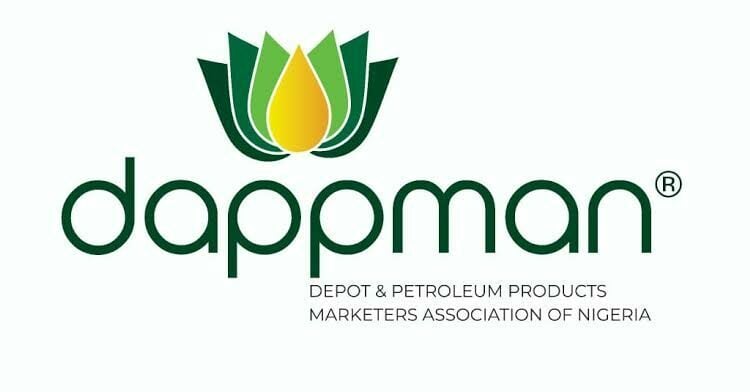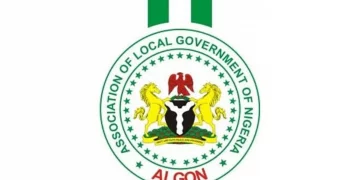The Depot and Petroleum Product Marketers Association of Nigeria (DAPPMAN) has called on the Dangote Refinery to adopt an open-door supply policy and give marketers fair access to petroleum products at competitive prices.
Speaking on Channels Television’s ‘The Morning Brief’ on Wednesday, DAPPMAN spokesperson, Ikem Ohia, dismissed claims of conflict with the Refinery, stressing that the association only sought collaboration that will guarantee steady fuel supply across the country.
“Our key interest is to have petroleum products offered at reasonable prices consistently, in a way that there’s no stock-out and Nigerians no longer queue for fuel,” Ohia said.
While welcoming Dangote Refinery’s emergence as the dominant supplier, he raised concerns over accessibility and pricing.
“The question is: at what price does he offer us, and do we actually have access to purchase these products from him?” he asked.
Ohia explained that DAPPMAN members have, for more than two decades, built a nationwide distribution network with depots strategically located in Calabar, Port Harcourt, Warri, and Lagos. He urged Dangote to leverage these facilities to ensure Nigerians benefit from stable fuel supply.
“What we are asking Dangote to do is to use these depots that are already in existence for us to meet the demands of Nigerians,” he said.
Dismissing insinuations that marketers were demanding subsidies, the DAPPMAN spokesperson insisted that the matter was purely commercial.
“We are businessmen; he is a businessman. We’re not asking for subsidies. We went into negotiations and are still negotiating to see how he can bridge the gap,” Ohia added.
He further argued that most global refineries operate on two models, bulk wholesale lifting by vessels and ex-gantry retail sales, warning that retail gantry sales alone cannot meet national demand.
“Ideally, refineries emphasise bulk evacuation through off-takers who can lift massive quantities and allow continuous production. Relying only on retail gantry sales cannot meet national demand,” he cautioned.
According to him, while DAPPMAN had approached the refinery before production began to seek bulk supply arrangements, Dangote preferred working with a few selected partners, leaving most marketers with limited access.
“Instead, he prefers to work with a few selected partners, which includes one or two of our members. We believe an open system, not a controlled one, will help the country,” Ohia said.
He added that many DAPPMAN members run retail networks of up to 300 stations each, which could serve Nigerians nationwide if bulk supply was guaranteed.
“Figures don’t lie; whatever is supplied now doesn’t meet full market needs. Bulk deliveries to depots are necessary if we must serve Nigerians effectively,” he stressed.
The clarification comes amid growing controversy over petroleum product distribution, especially following Dangote’s acquisition of 4,000 CNG-powered trucks for nationwide supply. Marketers have argued that the move pointed to monopolistic tendencies in the downstream sector.
LEADERSHIP reports that the rift drew further attention on Tuesday after billionaire businessman and Aliko Dangote’s ally, Femi Otedola, urged DAPPMAN to restructure and adapt to changing realities in the oil and gas market. Speaking earlier on the same TV programme, Otedola advised marketers to consider acquiring the Port Harcourt Refinery instead of “resisting progress.”
Also weighing in, the President of the Petroleum Products Retail Outlets Owners Association of Nigeria (PETROAN), Billy Gilly-Harris, argued that Dangote’s 4,000 trucks alone were insufficient to guarantee stable supply nationwide.





